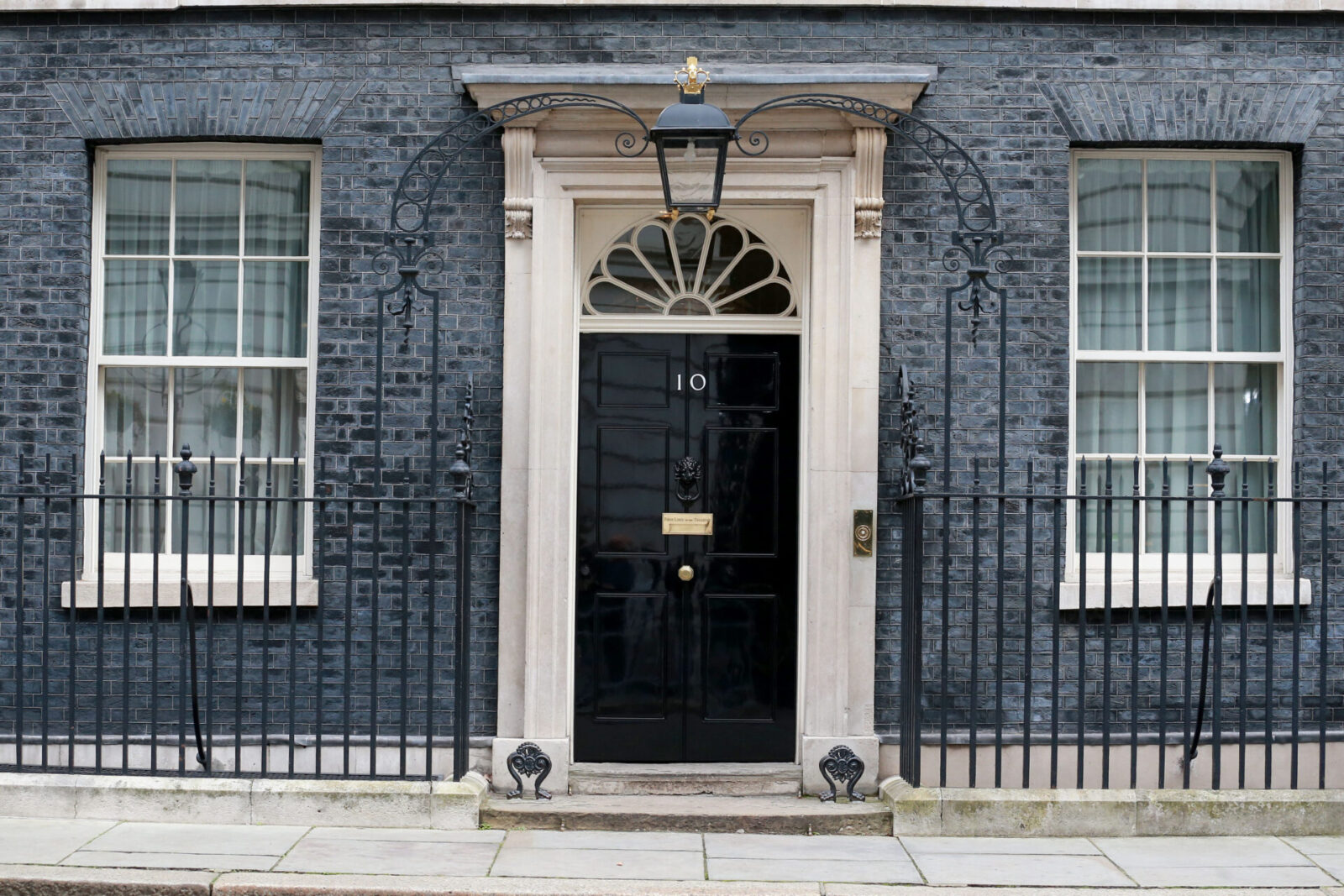
What would each political party do in power? Editorial credit: Fred Duval, via Shutterstock.
Less than two weeks out from the UK general election, we’re beginning to get a sense of how the next few years may play out.
All the major manifestos are now published, and we’ve been burning the midnight oil to pull out the most important details. Scrutiny has sharpened on what each of the political parties would do should they win the day.
As the clock ticks down to electoral midnight, we thought we’d take a closer look at what exactly each party has planned, as well as how this might affect your budget. Let’s dive in.
Labour
For several years, Labour has sought to portray itself as the pro-business party. Keir Starmer has courted the high and mighty of the business world, but how might his party’s economic plans impact your bottom line?
Well, Labour is very keen to boost investment, whether that comes from the private or public sector. In order to do so, it plans to set up a new national wealth fund, which it hopes will attract three times as much investment from the private sector as the £7.3bn funded by the public.
Businesses have been encouraged by its pledge to cap the rate of corporate tax at 25% for the duration of the parliament. There are also commitments to invest in new technology, such as artificial intelligence (AI), and increasing funding for infrastructure projects, notably railways.
Despite these policies, the truth is that Labour’s hands are somewhat tied by their own tight fiscal rules. Based on the manifesto, it would appear that they have limited scope to introduce changes that would have a large impact on the immediate day to day finances of many businesses.
That may be good for the pound, at least in the short-term. Several of Labour’s policies seem crafted to avoid the kind of market volatility we’ve seen in recent years, although as we always say, you can never predict what markets have in store.
Conservatives
The Conservatives have remained committed to its flagship policy of cutting national insurance contributions. According to party officials, the ultimate goal is to eradicate national insurance altogether, although only when economic conditions allow it.
The Tory manifesto says it will back businesses to ‘invest, innovate and trade’. Initiatives that could help businesses include a significant cut in taxes, along with policies specifically designed for small and medium-sized businesses (SMEs), including cheaper access to finance and apprentices.
For importers and exporters, the details are a little sparser. The Conservatives would look to sign free trade agreements with other US states (having already done so with Florida and Texas), and complete ongoing talks with India and the Gulf Cooperation Council.
A host of smaller pledges could also give business a boost. These include increasing public spending on research and development (R&D) by £2bn, maintaining R&D tax credits and investing in strategic manufacturing sectors. Aside from changes to the tax system, these policies feel more like tweaks rather than wholesale change, which is typically how the Conservatives approach economic matters.
The big risk may not come from policy, but rather from the result of the election. Should the Conservatives defy the odds and pull off the most unlikely of election turnarounds, the pound could come under pressure as markets retool their calculations.
Liberal Democrats
Often the forgotten party, the Liberal Democrats may not be quite so peripheral come 5 July. If you believe some of the polls, they may even secure a similar number of seats as the Conservatives. So, what would their policies be if they ended up in government?
The Lib Dems want to incentivise companies to invest in new technologies. They would invest in training programs to build up skill in the workforce, as well as removing trade barriers by repairing Britain’s relationship with the European Union.
Something that comes up time and again in the manifesto is offering businesses certainty. Whether its on the environment, AI or tax schemes, the Liberal Democrats have pledged to commit to clear plans that don’t leave companies scrambling around trying to adapt to new policies midway through a term.
As ever, the Liberal Democrats are full of sensible policies but lack a clear path to power. The likeliest scenario they would have to enact these policies would be as part of a coalition government, and even that feels fanciful. They may be forced to instead use their increased seat share to influence government policy, but based on the contents of the manifesto, that may have a healthy, tempering impact on the incoming government.
Other parties
Several other parties are jostling to make their names heard over the noise. Some of these are sure to receive strong backing from pockets of the population, so we wouldn’t want to discount them from this conversation.
Reform UK are the youngest of the bunch. New leader Nigel Farage has pledged more funding for the NHS, raising the threshold of stamp duty and capping migration into the country. They are bold ideas, although the costings have been called into question since the publication of the manifesto.
Up in Scotland, the SNP have a fight on their hands against a resurgent Labour. To combat this, John Swinney’s party have promised to restart another independence campaign, guarantee public ownership of the NHS and rejoin the European Union.
The Green party are also hoping to make inroads on a series of pledges that unsurprisingly centre around environmental issues. Cornerstone promises include billions of pounds to fight climate change, insulate homes and decarbonise the energy grid, as well as extra funding for the NHS to cut waiting times and backlogs.
Where there’s uncertainty, there’s risk
The election throws up all sorts of questions, chief among which is what it means for you budget. As we’ve shown, the various political parties are all intent on driving the economy in different directions, and each scenario would have a significant influence on currency markets.
We don’t profess to be clairvoyants. In fact, we would advise dismissing anyone who claims they can predict where currencies will move, and that’s doubly true during an election campaign. So much can happen that any prediction made on Monday can be dead in the water by Tuesday.
What we would say is that it is vital your budget is protected by Thursday, 4 July. Markets move in an instant, which means it is entirely possible that all your plans are scuppered without a plan in place to manage your risk.
Don’t let this election spoil your bottom line. Secure a fixed exchange rate now with a forward contract; call your account manager on 020 3918 7255 to get started.

 020 7898 0500
020 7898 0500